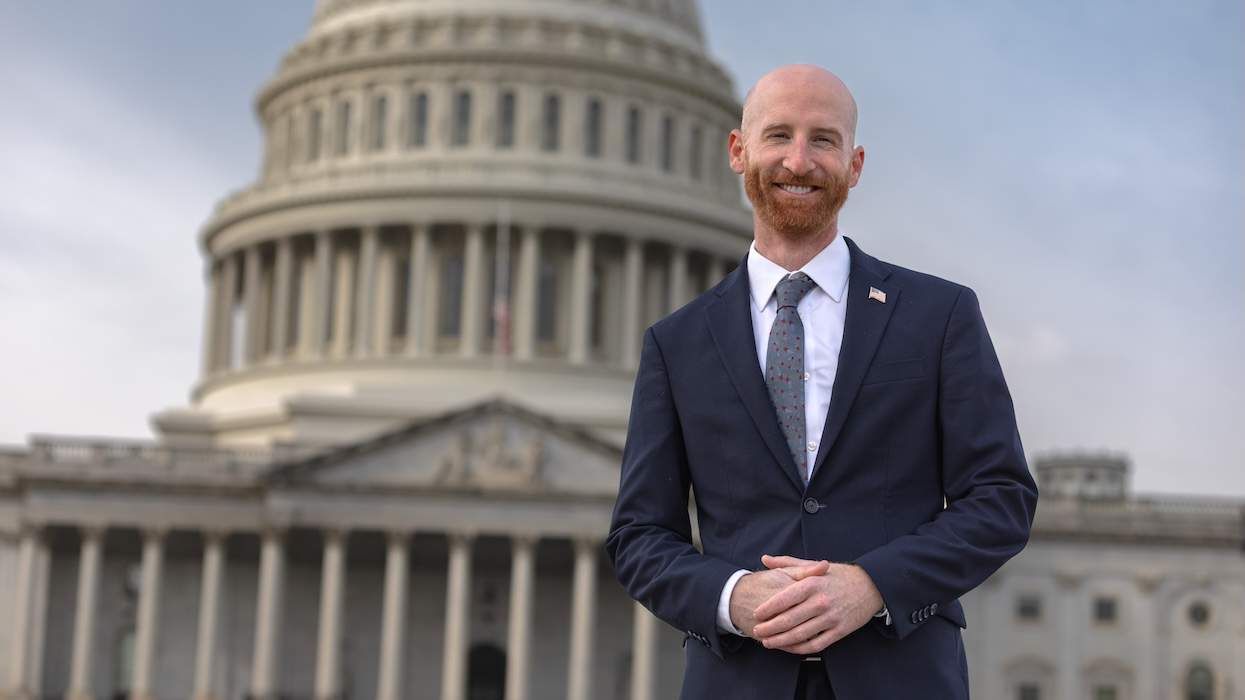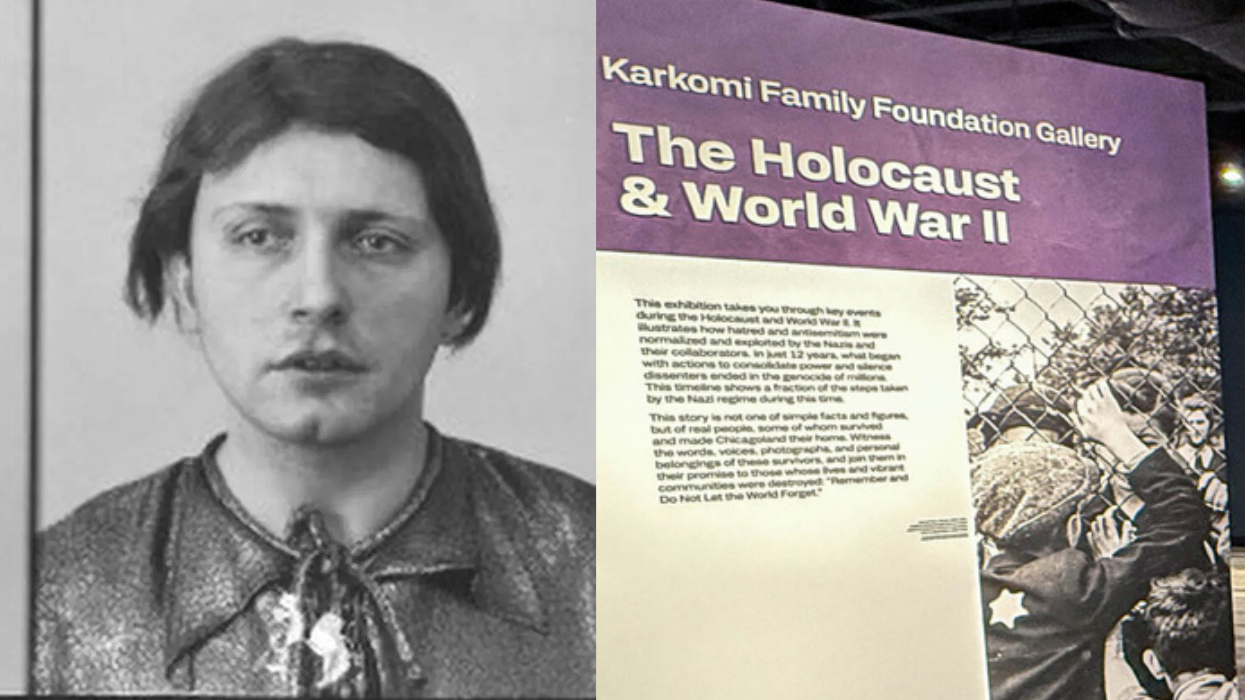The Supreme Court's rulings regarding the Defense of Marriage Act and California's Proposition 8 will have implications for millions of LGBT Americans, including the nation's approximately 650,000 same-sex couples. As a result of the court's rulings, married same-sex couples will now enjoy a variety of important social, economic, and legal benefits that were previously unavailable to them -- benefits that will surely strengthen their families.
Here are a few examples:
Binational Couples
Prior to the rulings, countless same-sex binational couples either had their relationships broken or had to go to extreme lengths, like leaving the country, to remain together. The DOMA ruling, striking down the ban on federal recognition of same-sex marriages, has opened the door for a citizen to obtain permanent residency for a noncitizen same-sex spouse and expedited citizenship for a resident same-sex spouse. This benefit will affect nearly 25,000 same-sex couples in which one spouse is a citizen and the other is not, and nearly 12,000 in which both spouses are noncitizens.
Inheritance Rights and Benefits
Same-sex couples will likely be eligible for their spouses' Social Security benefits. Surviving spouses of same-sex couples could gain access to spousal Social Security benefits, which could add up to more than $5,700 to the monthly income of the surviving spouse. Additionally, same-sex spouses of federal employees could be eligible for employee benefits currently provided to different-sex spouses. Same-sex couples will also be eligible for health care and tax benefits that will have an enormous positive impact on their financial stability.
Population Access to Marriage
The court's ruling on Proposition 8 opens marriage to California's 1.1 million LGBT adults, including nearly 200,000 individuals who are already part of a same-sex couple. Prior to today's ruling, 18% of the entire U.S. population and 22% of same-sex couples lived in the 12 states, and the District of Columbia, where same-sex couples can legally marry. By adding California, 30% of the entire U.S. population and 37% of same-sex couples will now live in states that extend marriage to same-sex couples.
But 5.5 million LGBT Americans, including more than 800,000 who are part of a same-sex couple, continue to live in states that don't have marriage equality. Wednesday's ruling did not provide them the right to marry in their states, and even if they marry in states where they can, it is unclear whether they will be eligible for the federal benefits that different-sex couples in their states enjoy.
Wednesday's historic rulings mark an important milestone in the rapidly expanding legal recognition and public support for marriage for same-sex couples. While 37 states continue to deny marriage to same-sex couples, thousands of families have secured the critical benefits and equal dignity of marriage -- and that is a fact worth celebrating.
BRAD SEARS is an assistant dean of the University of California, Los Angeles, School of Law, the executive director of the Williams Institute, and Roberta A. Conroy Scholar of Law and Policy




































































Charlie Kirk DID say stoning gay people was the 'perfect law' — and these other heinous quotes